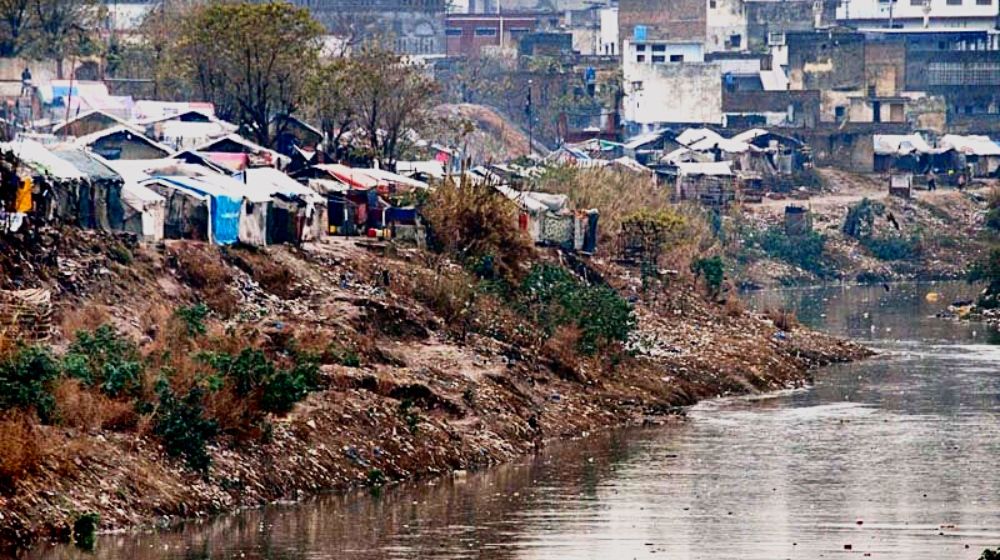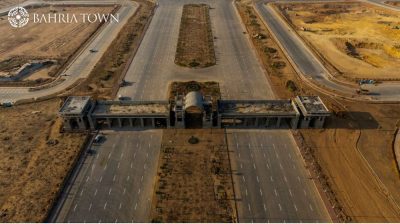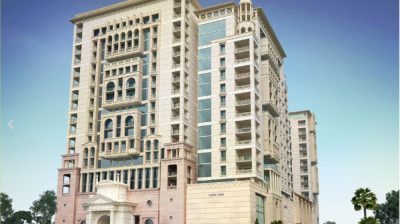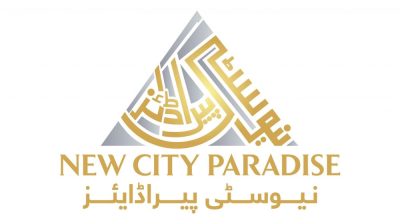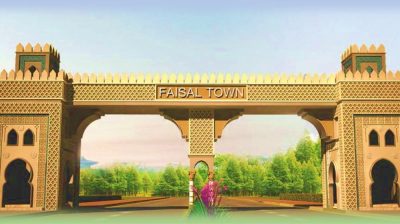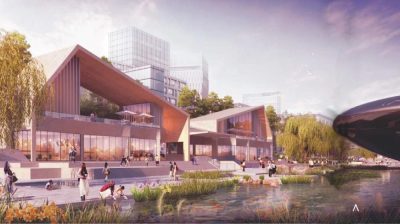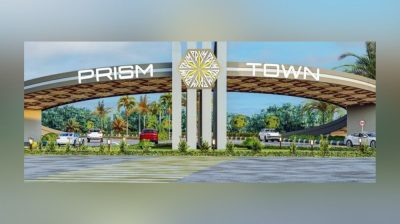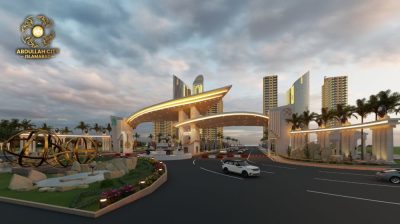RAWALPINDI: A feasibility study has been initiated to begin construction on the Leh Expressway and Flood Channel project after a delay of more than 16 years.
The 168-kilometer-long signal-free expressway is aimed at creating an alternative route for traffic and diverting open sewage through safe sewers and trenches to prevent flooding in Nullah Leh during monsoon season.
As per the details, the estimated cost of the project is over Rs100 billion, excluding the estimated Rs30 billion required for land acquisition.
A proposal has been suggested to construct 16-kilometer-long concrete sewer trenches on both sides of Nullah Leh to dispose of sewage and reduce pollution caused by open drainage.
The Rawalpindi Development Authority (RDA) has formed two teams to prepare a survey report on the project.
In this regard, the Punjab chief secretary chaired a meeting with representatives of RDA, WASA Rawalpindi, WASA Lahore, NESPAK, and other related departments to discuss the project’s delay and escalating cost.
The meeting proposed the construction of sewer trunks on both sides of Nullah Leh in the first phase to divert sewage from Rawalpindi city and Cantonment. This will help prevent the direct disposal of sewage into Nullah Leh and stop pollution caused by it.
The RDA Director-General confirmed the project’s construction in two phases and said that the Capital Development Authority would also be involved in the project to shift open sewage from Islamabad to the sewerage trenches.
Moreover, the project, estimated to cost Rs17 billion in 2006-2007, will now cost over Rs100 billion due to the delay in implementation.
The Nullah Leh Expressway project initially envisioned in 2007 had been put on hold in 2008, and no progress had been made since then.
The cost of the sewage treatment plant, which is part of the project, has also increased from Rs15 billion to Rs30 billion.
It is important to note that, the Asian Development Bank has agreed to provide funding for the sewage treatment plant.
